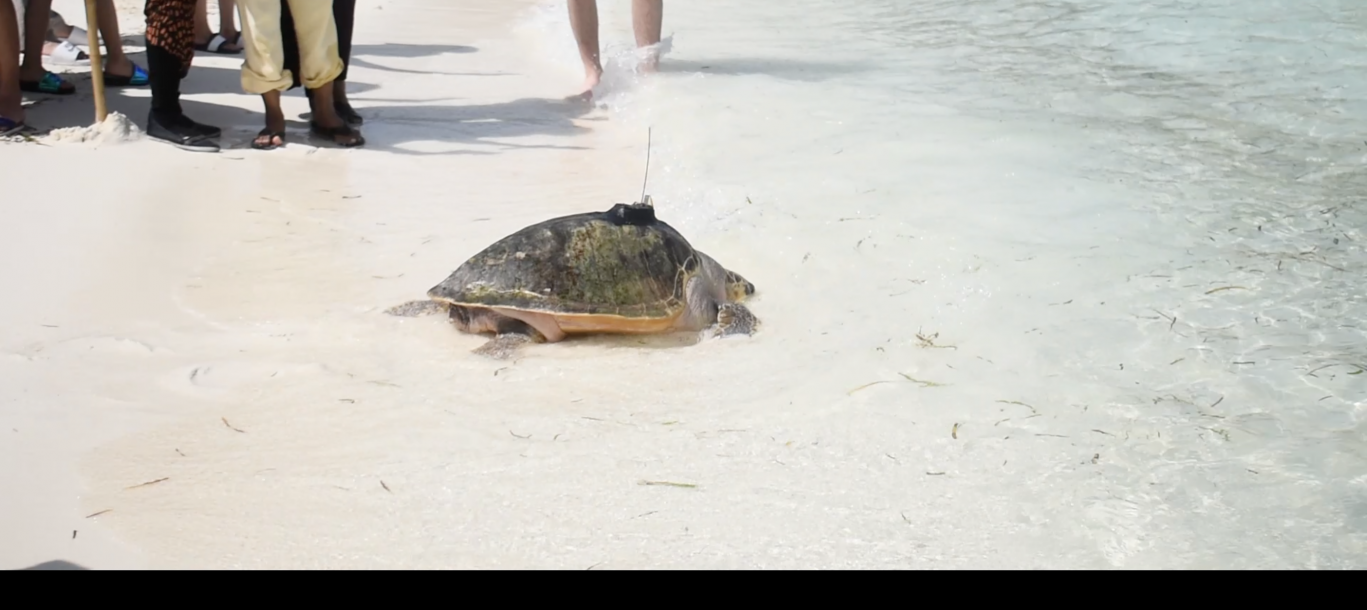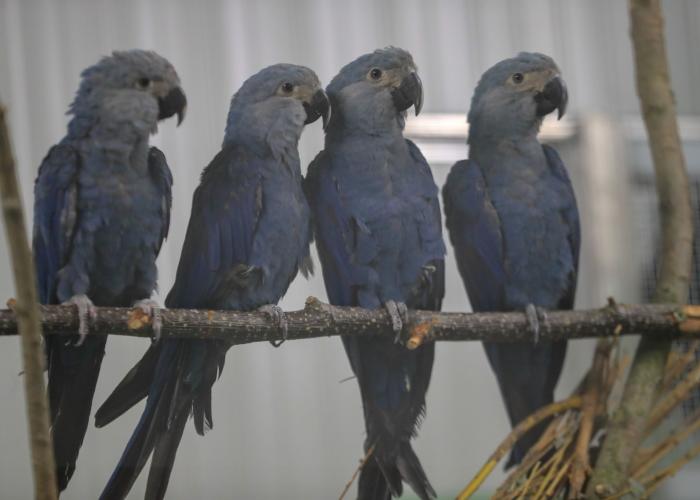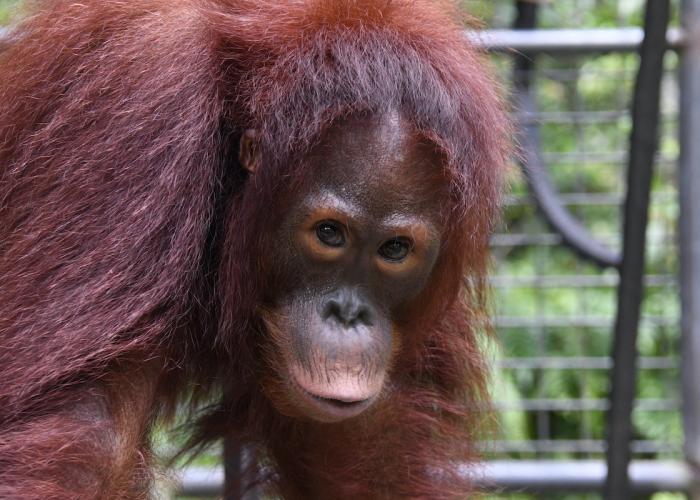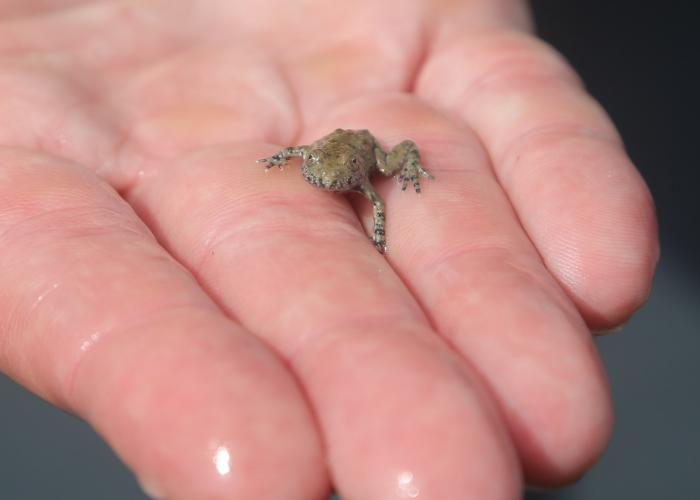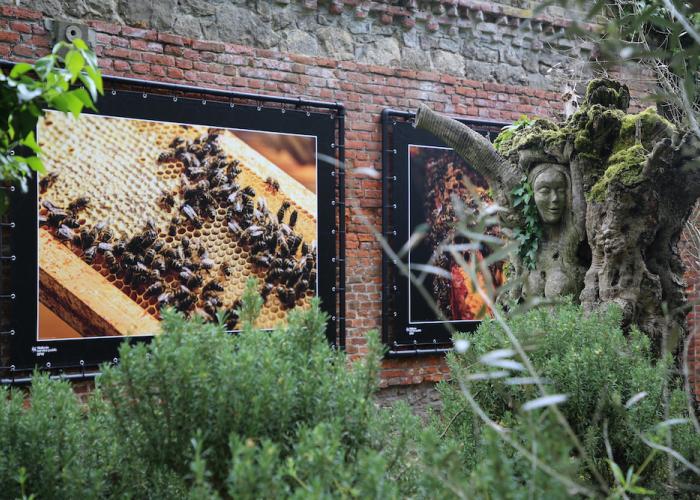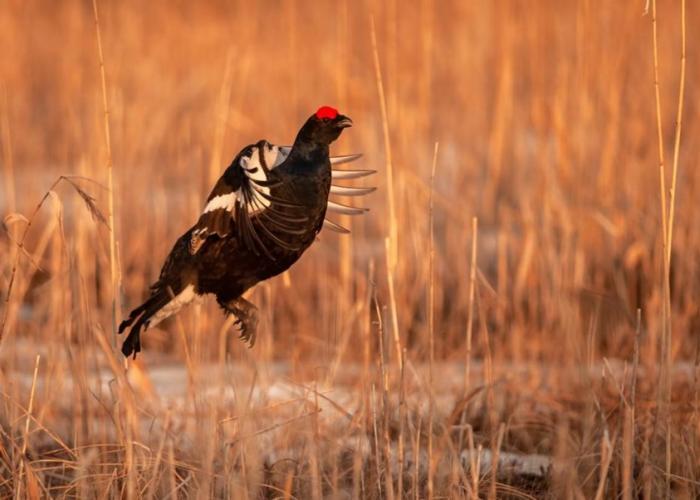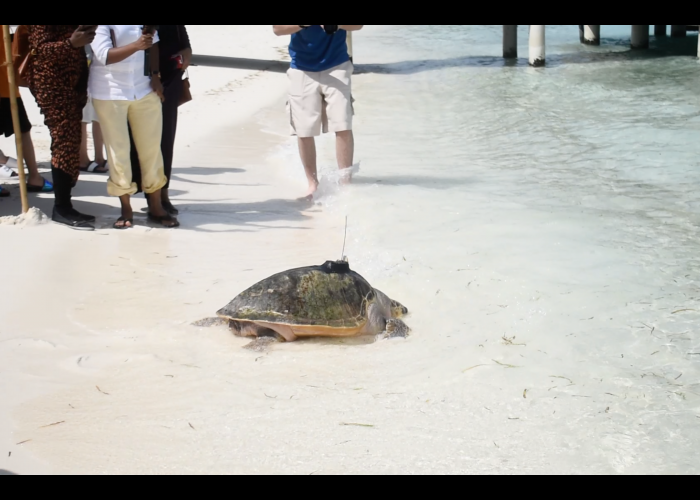We are reintroducing animal and plant species into their original habitats
Why?
Each species, animal or plant, represents an irreplaceable natural heritage as well as a vital link in an ecosystem.
Reintroducing threatened or extirpated species into their natural environments helps to maintain the richness of the treasures which nature has entrusted to us, as well as promoting the sustainability of the ecosystems of which they are a part.
How?
We work with governmental associations, other non-governmental organisations and local associations in order to bring together as many experts as possible and so maximize the chances of success of these reintroduction programmes; whilst also ensuring that the consequences of these programmes are acceptable to all stakeholders in society.
We select our projects on the basis of
- The conservation status of the species.
- The possibility of conducting programmes for breeding and for preparation for reintroduction to the wild of the species concerned.
- The importance of species for the health or the survival of local communities.
- The positive impact of the programme on all of the ecosystems and the absence of harm to other existing species or environments.
- Their human and financial costs.
Our ongoing projects
We are taking part in the incredible challenge of reintroducing a species that is extinct in the wild, the Spix's Macaw
Pairi Daiza and the Pairi Daiza Foundation, in close collaboration with the Brazilian authorities, the Al Wabra Wildlife Preservation, the Association for the Conservation of Threatened Parrots (ACTP), the Chico Mendes Institute for the Conservation of Biodiversity (ICMBio) and the Pairi Daiza Foundation, are working on a great project: to give the Spix’s macaws back their complete freedom. And, in their natural environment, to restore a population of parrots that is sufficiently large and well-protected to ensure the survival and development of the species in the ecosystem from which it should never have disappeared. This project, if successful, would be hailed as a world first, because Man has never managed to reintroduce a species of animal back into the wild that was extinct in Nature.
Aider les orangs-outans à retrouver la vie sauvage
La Borneo Orangutan Survival Foundation (BOSF) recueille les orangs-outans en détresse afin de les réintroduire dans la nature. En tant que partenaire officiel, La Pairi Daiza Foundation apporte son soutien financier afin d'améliorer les infrastructures, acquérir de l'équipement supplémentaire et aider la BOSF dans le transport des primates vers leur île de réadaptation.
We are reintroducing the Yellow-Bellied Toad into our regions
The yellow-bellied toad is a little toad that measures 3,5 to 5 cm whose life expectancy can reach 13 to 15 years in the wild. This toad lives in the forests of Europe, in ponds and small puddles at an altitude of 0 to 2100 meters. In the 80s, the yellow-bellied toad almost completely disappeared in our regions. Therefore, Pairi Daiza Foundation decided to reintroduce the yellow-bellied toad in our regions, all in collaboration with Natagora and DNF.
We raise awareness for the protection of pollinators
"Les pollinisateurs font le B(U)ZZZZ" ! This is the name of the new permanent exhibition located in the Olive Garden at Pairi Daiza. The Pairi Daiza Foundation and the SPW Agriculture Ressources Naturelles Environnement are joining forces to make visitors aware of the role of pollinators and the protection of the biodiversity through several activities and animations.
We are working for the conservation of an iconic species of the Hautes-Fagnes (High Fens), the Black Grouse
Our completed projects
Bernardus, the monk vulture
In September 2015, Bernardus, a female Monk Vulture born a few months earlier in Pairi Daiza, was released near Castellane, in the Gorges du Verdon (South of France). Equipped with a transmitter, she has since been tracked by GPS in her long aerial odysseys which, in one year, have already taken her as far as Germany, southern Spain or Switzerland. Further attempts will be organized in the future, after further births of baby vultures.
Peggy, the convalescent turtle back in the ocean
Peggy is the sea turtle that was saved in the Maldives by our friends from the Marine Savers (the animal was trapped in fishing nets) and was entrusted to Pairi Daiza's teams in 2016. After three years of patient care here in Belgium (Peggy suffered from lung infections and had one leg amputated), the turtle was released into "its" Indian Ocean in June 2019, equipped with a GPS beacon to track its movements.
